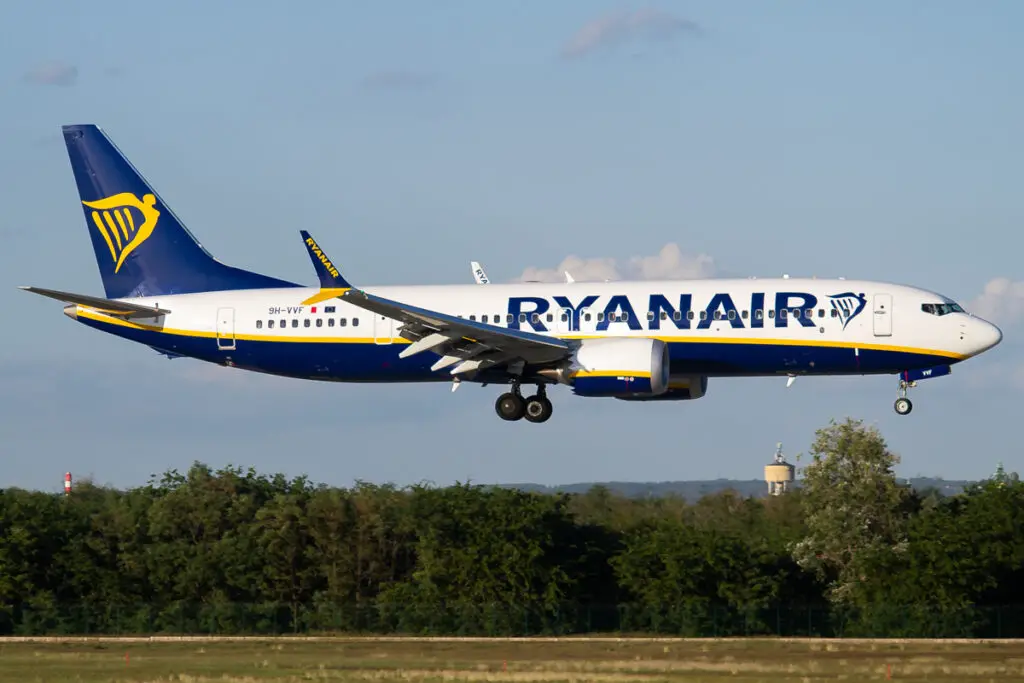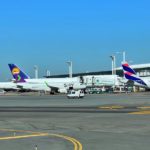Ryanair will receive only 40 Boeing 737 MAX 8200s by June 2024 instead of the 57 originally planned due to further production delays by the US manufacturer.
The summer season schedule was originally based on receiving at least 50 737 MAX. Due to the reduction in deliveries, Ryanair will need to eliminate up to ten flight routes for July, August, and September.
«We are very disappointed at these latest Boeing delivery delays, but we continue to work with Boeing to maximise the number of new B737 aircraft we receive by the end of June, which we can confidently release for sale to customers during the S24 peak,» said Michael O’Leary, Ryanair’s Group CEO.
“We will now work with Boeing to take delayed aircraft deliveries during August and September 2024 to help Boeing reduce their delivery backlog,” he added.
Schedule Changes
This schedule adjustment will result in minor changes and reduced frequencies on existing routes to comply with the launched program.
Ryanair has already started cutting some flights at airports with the highest operating costs, notably Dublin, Milan Malpensa, Warsaw Modlin and four airports in Portugal. These, the ultra-low-cost carrier claims, have raised their costs beyond inflation.
Ryanair has already informed its passengers about flight alterations, offering options to reschedule the trip or obtain a full refund.
Impact on Passenger Traffic
This new delay from Boeing and the schedule changes will impact passenger traffic for fiscal year ending in march 2025. The passenger projection was set at 205 million, but it is expected to decrease to 198-200 million.
Ryanair will now work with Boeing to accept aircraft deliveries during the peak months of July, August, and September 2024, but given these uncertainties in deliveries, it will not be able to put these capacity up for sale for peak S24.
“Boeing continues to have Ryanair’s wholehearted support as they work through these temporary challenges, and we are confident that their senior management team, led by Dave Calhoun (CEO) and Brian West (CFO), will resolve these production delays and quality control issues in both Wichita and Seattle,” expressed O’Leary.














